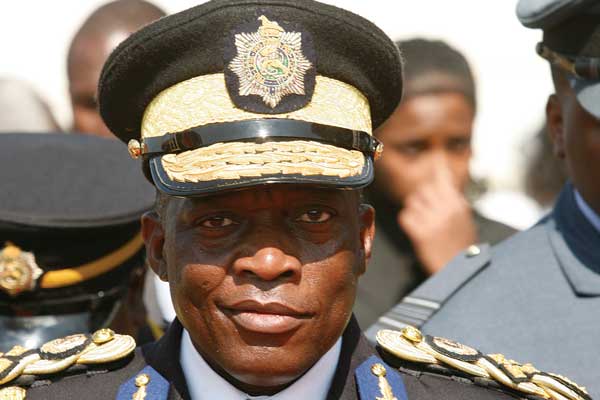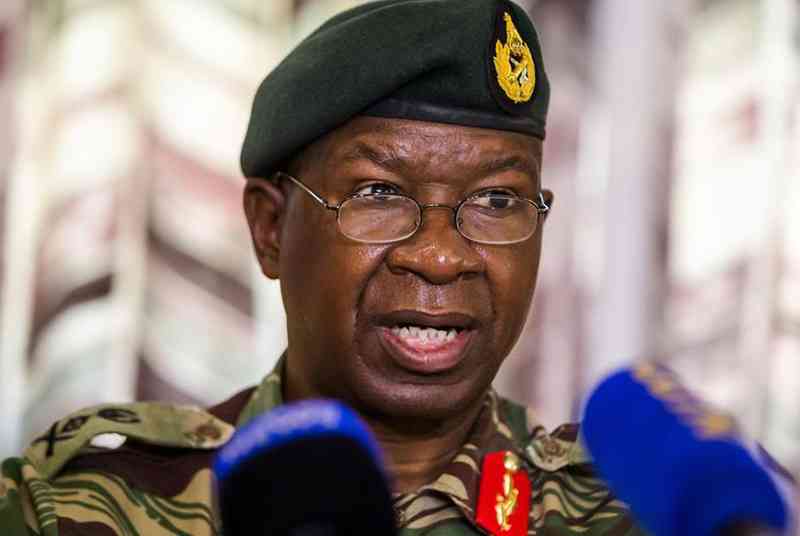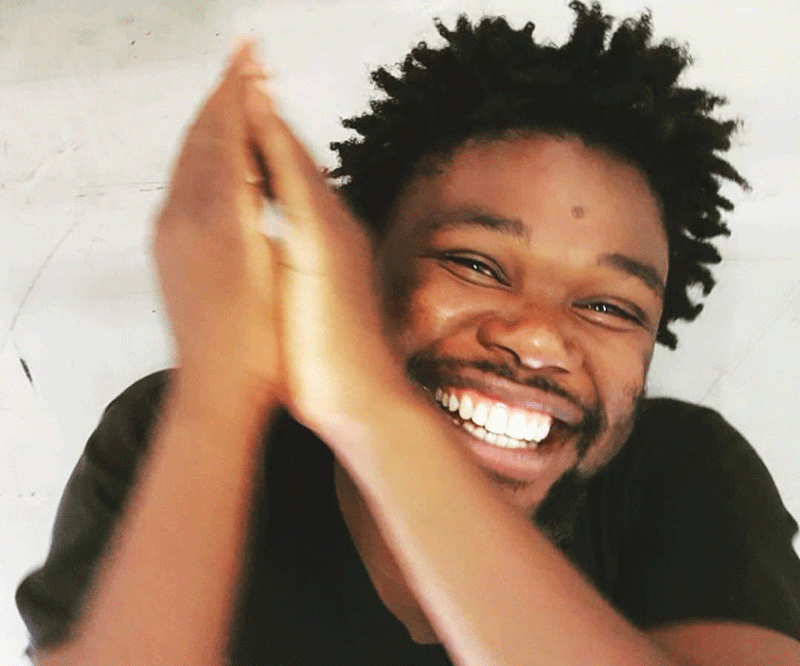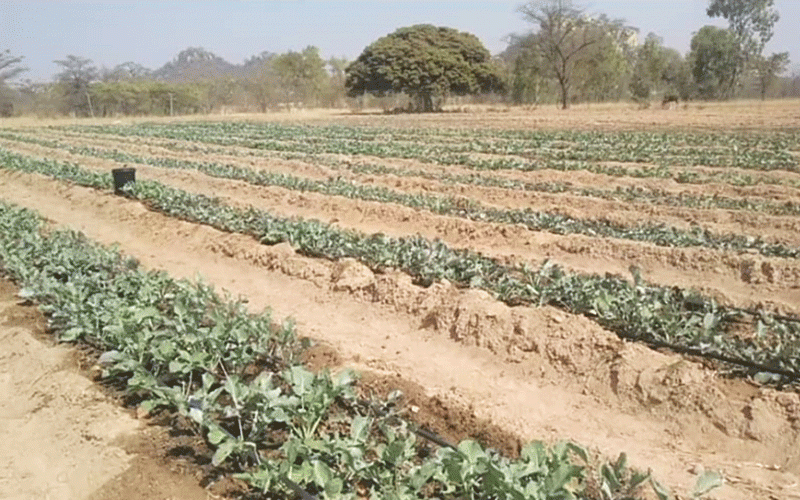
THE Government Censorship Board has banned a documentary chronicling the constitutional-making process in Zimbabwe, alleging it was unfit for viewership in the country, NewsDay has learnt.
BY OBEY MANAYITI

The ban follows an application by Upfront Films to distribute the documentary, which features MDC-T secretary-general Douglas Mwonzora and Zanu PF’s Munyaradzi Paul Mangwana, who were involved in the constitution-making process.
However, the censorship board said permission to distribute the documentary should not be granted.
“Reference is made to your letter dated January 28, 2016, concerning the above-mentioned subject,” read the letter referenced “Application for distribution permit: Democrats.”
The board’s acting secretary Isaac Chiranganyika in a letter dated March 10 added: “The board of censors, after reviewing the DVD Democrats, recommended that the DVD remains banned and prohibited in Zimbabwe because it is not suitable for public showing as previously recommended.”
The letter was copied to Home Affairs permanent secretary Melusi Matshiya and Police Commissioner-General Augustine Chihuri.
Mwonzora yesterday accused government of being oppressive by banning the documentary.
- Chamisa under fire over US$120K donation
- Mavhunga puts DeMbare into Chibuku quarterfinals
- Pension funds bet on Cabora Bassa oilfields
- Councils defy govt fire tender directive
Keep Reading
“I am aware that they banned Democrats, which is the documentary on the constitution-making process. The documentary has won over 15 international awards and it’s ironic that it is banned in Zimbabwe,” he said.
“It contains the truth and the people of Zimbabwe are eager to see the documentary. I hope the Constitutional Court will intervene positively. The ban is not justified. It is oppressive to ban it because they (government) don’t want the truth in that documentary to be shown,” Mwonzora said, insinuating he would mount a legal challenge against the ban.
However, his counterpart, Mangwana, welcomed the ban, saying some parts of the documentary depicted President Robert Mugabe as a dictator.
“It is a documentary of what was transpiring and the editors chose what part to put in it and it is up to the board to decide. I know there are excerpts which depict the President as a dictator and it could be those offensive excerpts that made it banned,” he said.
“I also made a point to the editors concerning that. The whole project was 480 hours of filming and they chose to use 45 minutes. The storyline shows the President as a dictator and I was offended by that, but I was not in charge of the editorial.”











